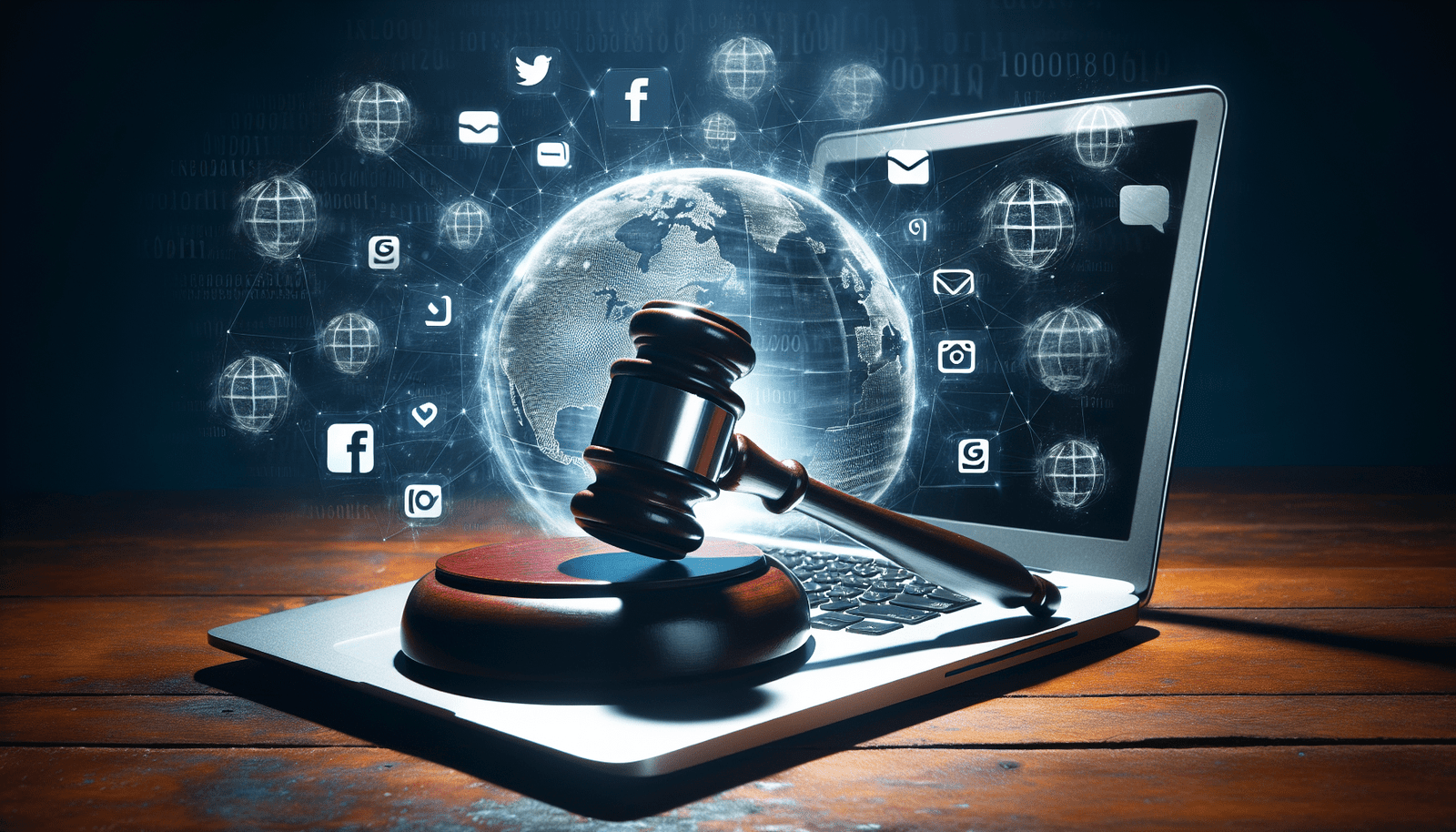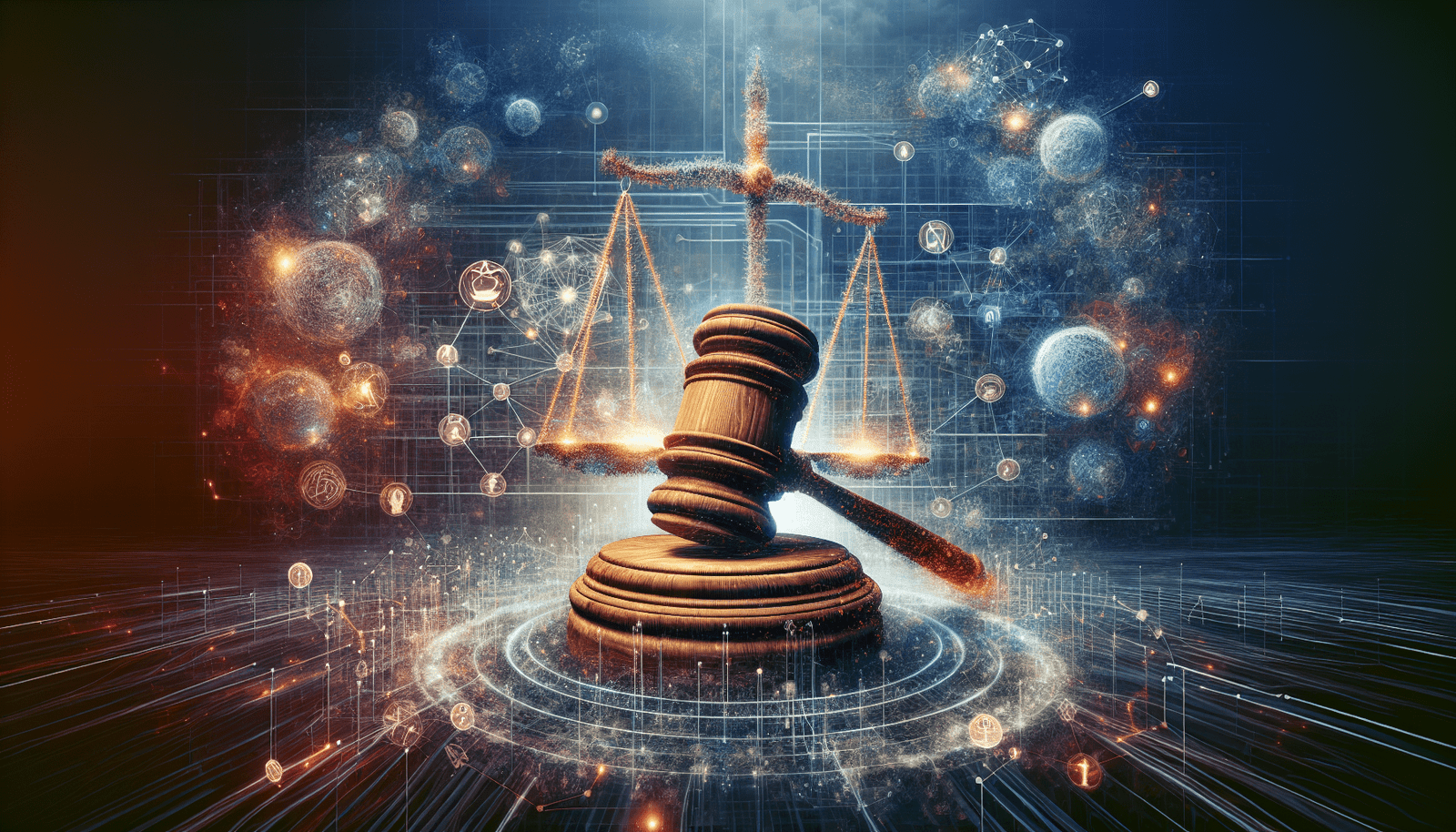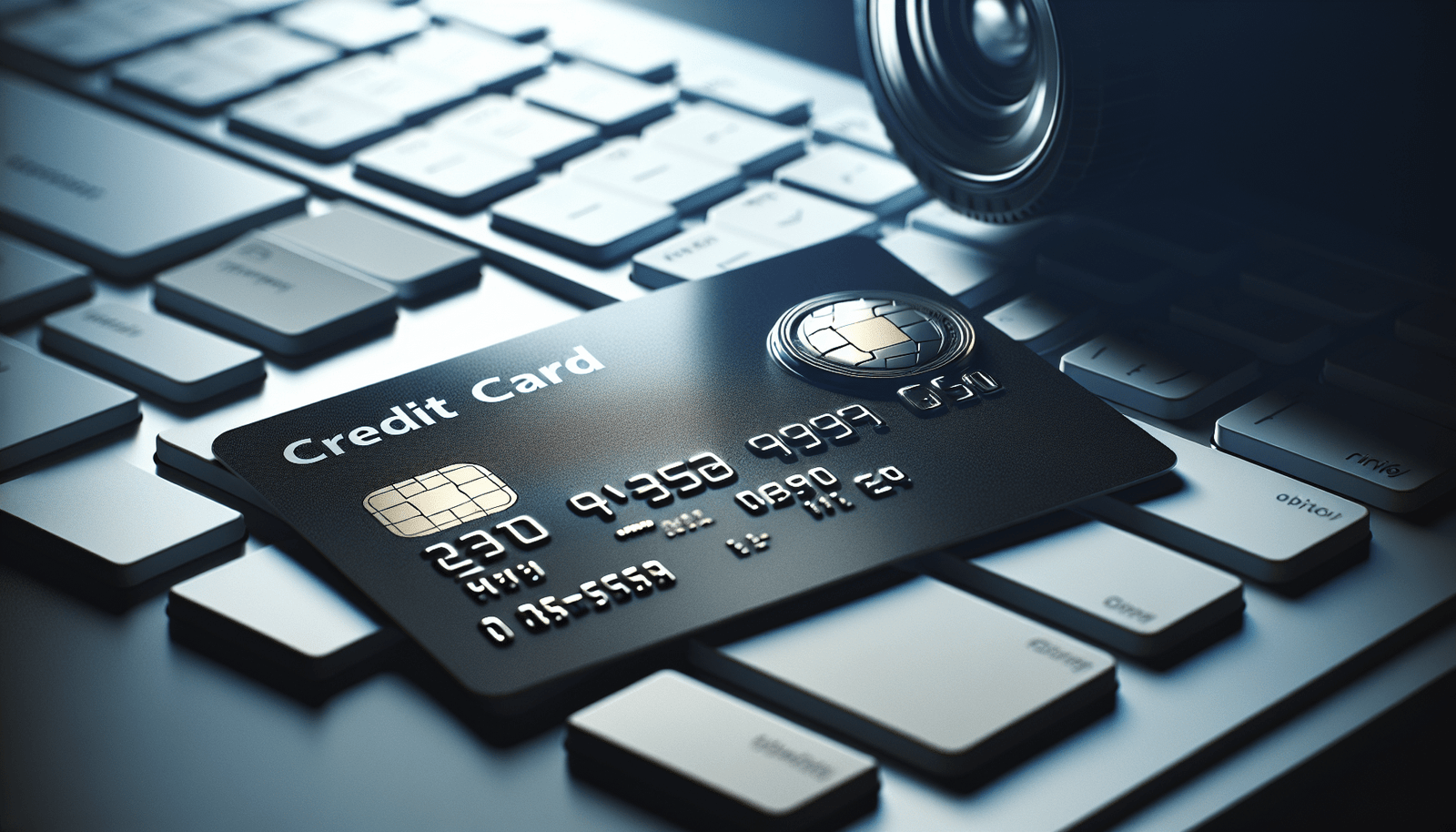In our digital age, managing online defamation and cyberbullying legal liability is more crucial than ever. I’ve seen firsthand how devastating false statements and relentless online harassment can be, impacting not just reputations, but mental well-being and financial stability. This article delves into the complexities of navigating these murky waters, providing you with actionable insights and strategies to protect yourself or your business. From understanding the differences between defamation and free speech to exploring legal recourse and preventive measures, we’ll cover everything you need to know to safeguard your online presence with confidence. Have you ever found yourself scrolling through social media, minding your own business, when suddenly—bam!—you come across something that’s not just mean but downright slanderous? If you’ve ever been on the receiving end of that or wondered what to do when online nastiness gets out of hand, you’re not alone. In today’s digital age, understanding how to manage online defamation and cyberbullying legal liability is more important than ever.
Understanding Online Defamation and Cyberbullying
Let’s start with the basics. Imagine you’re having a lovely Sunday brunch and someone at another table starts loudly claiming that you’re the world’s worst tipper. That’s defamation. Now, picture the same scenario, but it’s all happening on the internet—tweets, Facebook posts, Instagram stories. That’s online defamation. In legal terms, defamation is any false statement made publicly that harms another person’s reputation.
Cyberbullying, on the other hand, is a bit like that sneaky kid in school who makes your life miserable but does it all online. It includes repeated behavior with the intent to harass, threaten, or humiliate someone on the internet. Think about the mean-spirited comments from anonymous accounts or relentless, hurtful messages in your inbox.
Legal Consequences of Online Defamation and Cyberbullying
So, what happens when the internet turns into the Wild West, and you’re caught in the crossfire? The good news is that laws do exist to combat both online defamation and cyberbullying. The bad news? Navigating these laws can feel like trying to solve a Rubik’s cube blindfolded.
Legal Definitions Vary
Believe it or not, what counts as defamation or cyberbullying can vary widely depending on where you live. In some regions, the law might be stricter, holding folks accountable for even minor infractions. In others, it might be a free-for-all. Understanding your local laws is crucial. You don’t want to be the person who yells “fire” in a crowded theater only to discover later that it’s illegal in your state but you’ve done it online.
Potential Penalties
If someone is found guilty of defamation or cyberbullying, the penalties can range from fines to jail time. Yes, jail time. For defamation, the plaintiff could be awarded damages—money to compensate for the harm caused. Cyberbullying laws often focus on protecting minors, but adults can also find themselves in legal hot water.

How to Protect Yourself from Legal Liability
Now, back to our brunch analogy. Just as you wouldn’t loudly accuse someone of terrible tipping skills without concrete proof (or hopefully, you wouldn’t!), you need to be cautious about what you post online. Sticks and stones may break bones, but words can land you in court.
Think Before You Post
It sounds simple, but believe me, it’s tougher than it seems. Before posting something online, ask yourself a couple of questions:
- Is it true?
- Is it necessary?
- Is it kind?
This quick mental checklist can save you a lot of trouble down the road. Trust me, I’ve been there. Once, I almost posted a scathing review of a restaurant only to remember halfway through typing that I might be violating some serious defamation laws if I didn’t stick to the facts.
Privacy Settings and Monitoring
While social media platforms do have their own sets of rules and protections, these are not foolproof. Make sure you fully understand your privacy settings and utilize tools for monitoring your online presence. There are even services that can alert you when your name or brand is mentioned online. Think of these as digital guard dogs, barking loudly when someone’s about to trespass on your good name.
Responding to Defamation and Cyberbullying
What if the tables are turned, and you find yourself the victim of defamation or cyberbullying? First, take a deep breath. It’s unsettling and stressful, but you don’t have to face it alone.
Collect Evidence
Start by gathering all the evidence. Screenshots, URLs, and timestamps can be crucial if you decide to take legal action. The more detailed your evidence, the stronger your case.
Report the Incident
Most social media platforms have mechanisms for reporting abusive behavior. Use them. Platforms like Facebook, Twitter, and Instagram allow users to report harmful content. Doing so not only helps you but also creates a digital paper trail that might be useful later on.
Consult Legal Advice
If the situation escalates, seeking legal counsel is a smart move. A lawyer specialized in online defamation or cyberbullying can help you understand your rights and the best course of action. While it might feel like an overreaction, it’s better to have professional advice.

Legal Case Studies
To give you a better understanding, let’s look at some real-life examples of online defamation and cyberbullying cases. These examples underscore the importance of knowing your legal rights and responsibilities online.
Case Study 1: The Restaurant Review Gone Wrong
In 2014, a Virginia business won a lawsuit against a customer who left a scathing review on Yelp. The customer claimed they were billed for services they didn’t receive, but the court found the statements defamatory. The customer had to pay damages, and the case highlighted the importance of truth in online reviews.
Case Study 2: School Cyberbullying Nightmare
A widely publicized case from 2019 involved high school students in Massachusetts. Several students were charged with cyberbullying after creating a fake Instagram account to post humiliating photos of a classmate. The case resulted in significant legal consequences for the students and shone a spotlight on the importance of monitoring children’s online activity.
Creating a Safe Online Environment
We all want the internet to be a safer place, and there are ways to contribute to that goal without waiting for the next law to come out of the woodwork. A little courtesy and some proactive measures can go a long way.
Educate Yourself and Others
Understanding the legal ramifications of online activities is crucial. Share your knowledge with friends and family. Sometimes, people don’t realize the harm they are causing because they are unaware of the laws. Be that person who gently nudges others to think before they post.
Promote Positive Interactions
Encourage and engage in positive online interactions. If you see someone being bullied, stand up for them. Report inappropriate behavior when you see it. We can all play a part in making the internet a kinder place.
Implement Personal Policies
Consider creating your own set of guidelines for online interaction. This can be especially useful for businesses and public figures. Clear policies can help mitigate risks and provide a roadmap for dealing with online negativity.
The Role of Platforms and Regulations
While individual actions are important, social media platforms and government regulations also play a crucial role. These entities are continually evolving to address the complexities of online defamation and cyberbullying.
Platform Responsibilities
Social media companies like Facebook, Twitter, and Instagram have a responsibility to protect users. They have algorithms and human moderators to detect and remove harmful content. But let’s be honest, these algorithms are about as reliable as my cooking on a Monday night. So, user reports are still vital. When you see something harmful, report it. Your actions can make a difference.
Government Regulations
Laws are catching up, but it’s a slow process. While there are federal laws against things like harassment and stalking, many states have their own specific laws regarding cyberbullying and defamation. Familiarize yourself with both federal and state laws to understand the full scope of your rights and responsibilities.
Conclusion
Managing online defamation and cyberbullying is a bit like trying to navigate a corn maze—complicated, confusing, and sometimes a little scary. But with the right knowledge and tools, you can protect yourself and contribute to a safer online environment. Stay informed, think before you post, and don’t hesitate to seek help when you need it. Remember, we’re all in this together, navigating the ever-evolving world of the internet. And hey, if you ever find yourself at brunch facing a potential defamation lawsuit, at least now you’ll know what to do!



